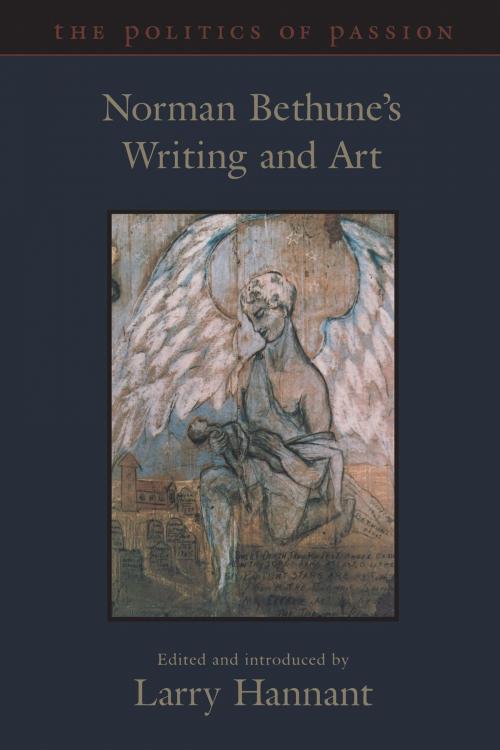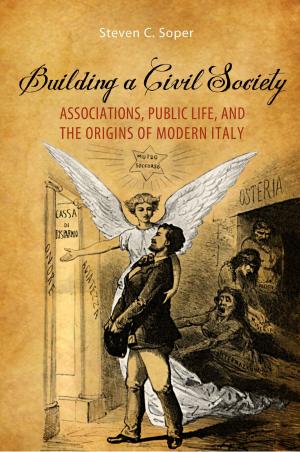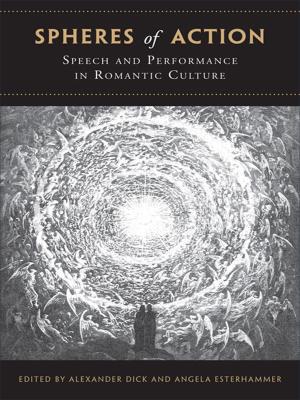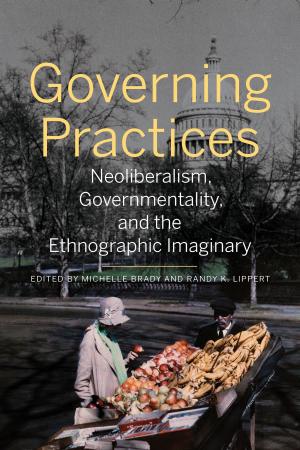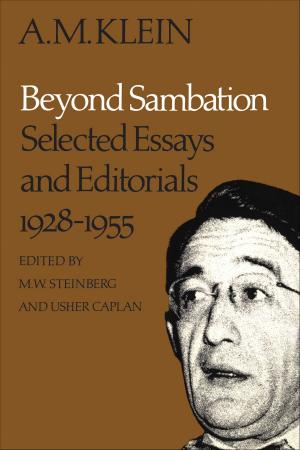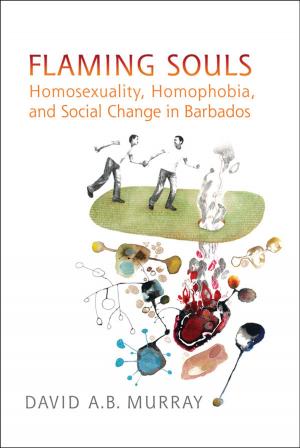The Politics of Passion
Norman Bethune's Writing and Art
Nonfiction, History, Americas, Canada, Biography & Memoir, Reference| Author: | Norman Bethune | ISBN: | 9781487589707 |
| Publisher: | University of Toronto Press, Scholarly Publishing Division | Publication: | May 1, 1998 |
| Imprint: | Language: | English |
| Author: | Norman Bethune |
| ISBN: | 9781487589707 |
| Publisher: | University of Toronto Press, Scholarly Publishing Division |
| Publication: | May 1, 1998 |
| Imprint: | |
| Language: | English |
The Politics of Passion is the first comprehensive collection of the writing and art of Dr Norman Bethune. A Canadian medical pioneer and a communist, Bethune gained fame during the 1930s while serving in the Spanish Civil War and participating in China's struggle against Japanese invasion.
This book sheds light on the man, the artist, and the revolutionary. It uncovers new historical material relating to several controversies surrounding Bethune. A remarkable document obtained from the Communist International Archives in Moscow, for instance, discusses why Bethune was sent home in disgrace from the Spanish Civil War. It refers to a mysterious Swedish woman, Kajsa von Rothman, who was Bethune's lover and who was believed by left-wing Spanish authorities to be politically suspect.
This collection of Bethune's writings and art reveals that politics preoccupied him only during the last four years of his life. Earlier, his passionate nature found expression in medical and surgical innovation, as well as in painting, sketching, photography, writing - from poetry and short stories to letters, radio broadcasts, and plays - and public speaking. The Politics of Passion reveals the many sides of Bethune's identity, exploring not only the life of a revolutionary doctor, but of an intense and compassionate artist.
The Politics of Passion is the first comprehensive collection of the writing and art of Dr Norman Bethune. A Canadian medical pioneer and a communist, Bethune gained fame during the 1930s while serving in the Spanish Civil War and participating in China's struggle against Japanese invasion.
This book sheds light on the man, the artist, and the revolutionary. It uncovers new historical material relating to several controversies surrounding Bethune. A remarkable document obtained from the Communist International Archives in Moscow, for instance, discusses why Bethune was sent home in disgrace from the Spanish Civil War. It refers to a mysterious Swedish woman, Kajsa von Rothman, who was Bethune's lover and who was believed by left-wing Spanish authorities to be politically suspect.
This collection of Bethune's writings and art reveals that politics preoccupied him only during the last four years of his life. Earlier, his passionate nature found expression in medical and surgical innovation, as well as in painting, sketching, photography, writing - from poetry and short stories to letters, radio broadcasts, and plays - and public speaking. The Politics of Passion reveals the many sides of Bethune's identity, exploring not only the life of a revolutionary doctor, but of an intense and compassionate artist.
